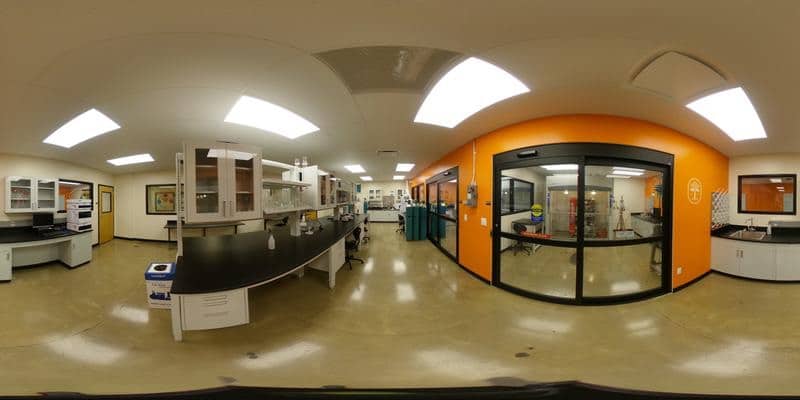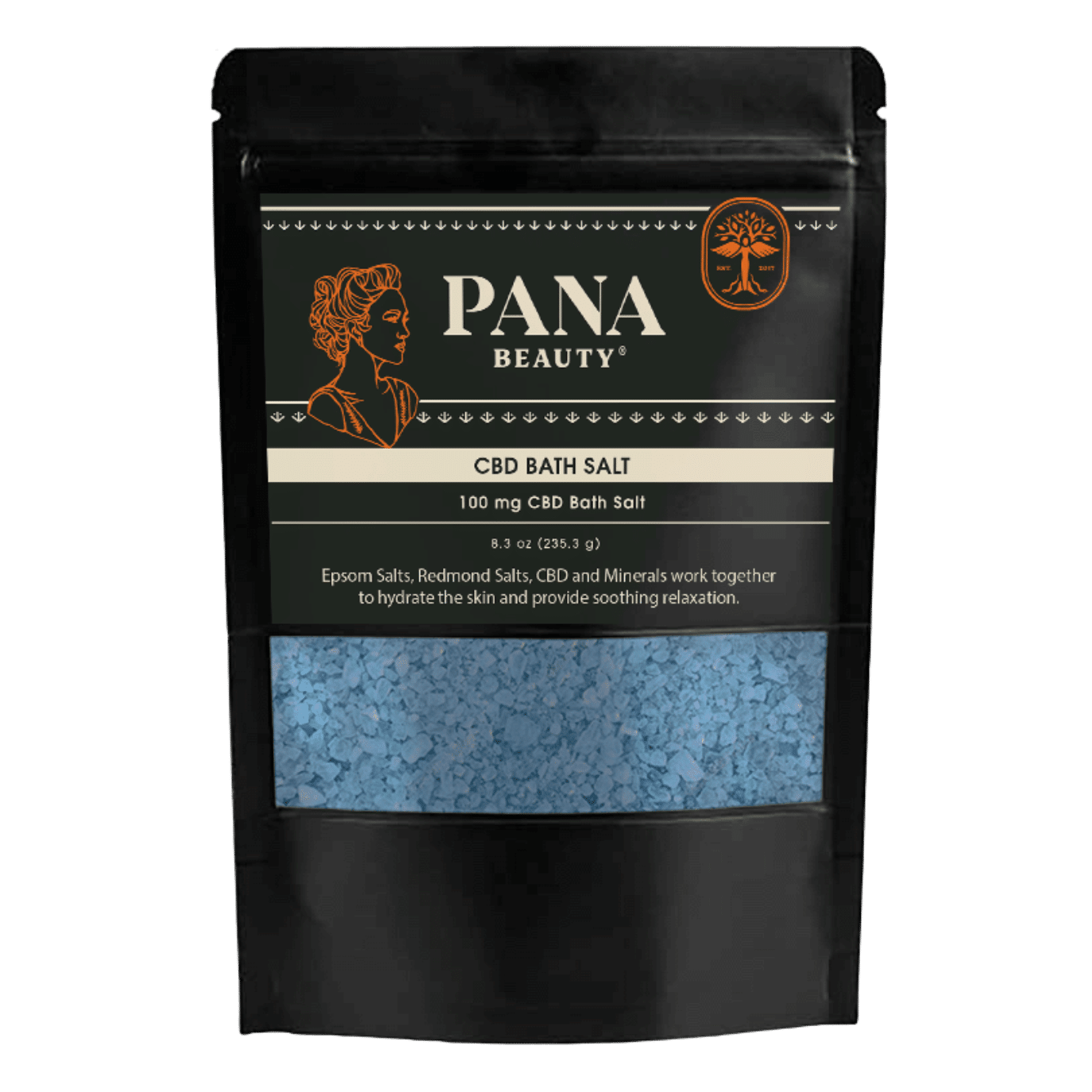Nobody likes it when they have issues falling asleep at night. A poor night’s sleep can completely ruin your day. It can leave you feeling irritable and groggy, and even produce physical effects like headaches. For some, having issues relaxing enough to actually fall asleep is an ongoing issue. It leaves many looking for some kind of solution. While there are medications out there that may help, not everyone wants to take those due to their potential side effects or just because they do not want to be dependent on a medication. So, they turn to more holistic options. One that has come up in recent years is cannabidiol (CBD).
What is CBD?
If you are going to talk about the potential benefits of CBD, you need to have at least a basic understanding of what it is. So, let’s give a quick definition.

There are 113 different members of a particular kind of chemical compound found in cannabis plants (like marijuana and hemp). They are called cannabinoids. While most of the 113 different cannabinoids you have probably never heard of, there are two that are pretty famous. One of them is CBD. The other is tetrahydrocannabinol (THC).
The acronym THC is likely more familiar to you than CBD. This is because THC is well-known for being the main psychoactive cannabinoid in cannabis. This means it is responsible for creating an inebriated state normally thought of as a high. Because it is also a cannabinoid, those who are unfamiliar with CBD often think that it is psychoactive as well. However, CBD is not psychoactive. It does not create any sort of high or inebriation.
You can find CBD in both variations of the cannabis plant, whether it is hemp or marijuana. However, when CBD manufacturers make their products, they prefer to use hemp instead of marijuana. They have some pretty good reasons for this preference. One is that it is easier to get large amounts of CBD from hemp than it is with marijuana. Hemp has very high concentrations of CBD. Plus, its THC content is only 0.3%, which is such a small amount, it is unlike to cause anyone to get high. Marijuana, on the other hand has varying levels of CBD. Some marijuana plants could be rich in it, while others have a tiny amount. On top of that, marijuana has very high THC levels.
Another reason for the preference of hemp is the fact that it is federally legal in the United States. That means that it is legal in practically every state of the country (there are a few exceptions though, so be sure to know your state’s laws). Marijuana is still federally illegal. Which makes selling products made from marijuana that much more complicated.
Now that we have covered the basics of CBD, it is time to move on to the big question: could CBD help people get to sleep?
Could CBD be helpful for sleep?
If there is one thing that CBD is famous for, it is helping people achieve a greater sense of calm. However, could those potential soothing properties actually help people calm enough to get them to sleep? Possibly.
Before we get into what exactly the studies surrounding CBD say, let’s cover one other piece of basic information. Most animals (including humans) have a series of receptors known as the Endocannabinoid System (ECS). The receptors of this system respond to stimulation from compounds in the body called endocannabinoids. Cannabinoids are very similar to endocannabinoids. The main difference is that they are found in plants (and as a result, are often called phytocannabinoids) rather than synthesized in the body. Their similarities are enough that cannabinoids can actually interact with and cause reactions from the ECS. This is good news for those who struggle with sleep, because a study from 2016 found that the ECS has an effect on helping regulate the sleep cycle. So, with this in mind, let’s look at some other studies on CBD and sleep.
One study conducted in 2013, looked specifically on how CBD effects the sleep cycle of rats. The researchers broke the rats up in groups depending on how much CBD they were to be given (2.5mg/kg, 10 mg/kg, 40 mg/kg, and a placebo group). The researchers then recorded the rats’ sleep cycles before giving them the CBD to get an idea of what the regular cycle was like. Researchers noted the rats that were given 10mg/kg CBD had a significant increase in the amount of sleep, whereas the other groups either saw a decrease or no change. This would suggest that more sleep could be achieved when the right amount of CBD is found.
Another study that was published in 2016 focused on the way CBD may be able to help a small child, who was struggling with insomnia caused by post–traumatic stress disorder (PTSD). This child had had a traumatic early childhood. As a result, she was struggling with getting to sleep and staying asleep. The researchers gave her a trial of CBD oil. The researchers report that it not only created an increasing improvement in the amount of sleep that she was getting, but it also created a drop in her anxiety symptoms.
An important thing to remember about these studies and other, similar ones, is that most of them have been done on animals like rats. There have not been many yet that have been done on humans. However, the results are still encouraging because the ECS is still present in rats and humans, which suggest that the results could be similar if not the same. But more research does need to be done on humans in order to fully understand CBD’s effects.
So, could you take CBD to help with sleep? Potentially, but it is important to talk about it with your healthcare provider first. If it does appear that CBD could be a good option for you, we here at Panacea Life Sciences carry CBD capsules that are made with melatonin, to create a formula to help ease you into a restful sleep.












